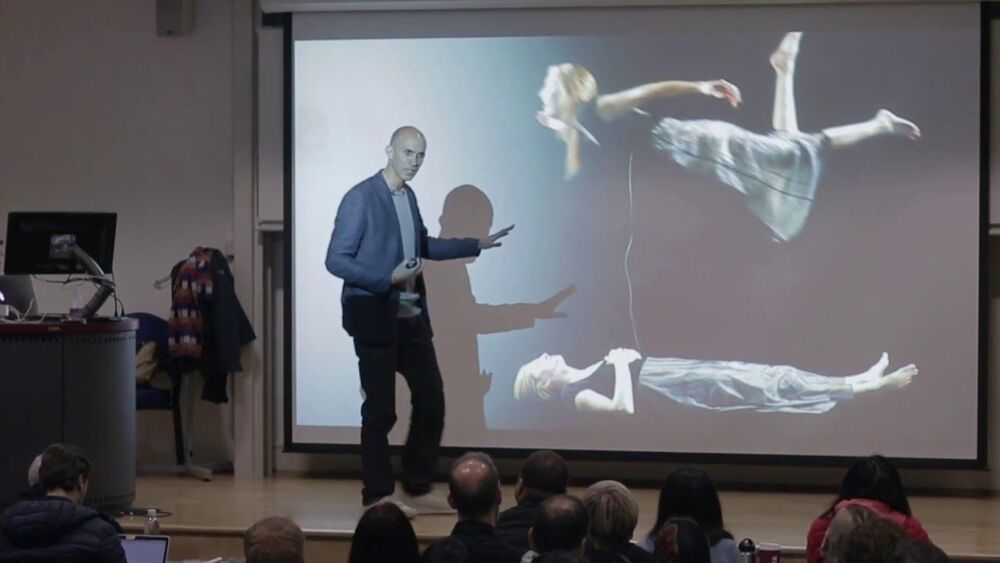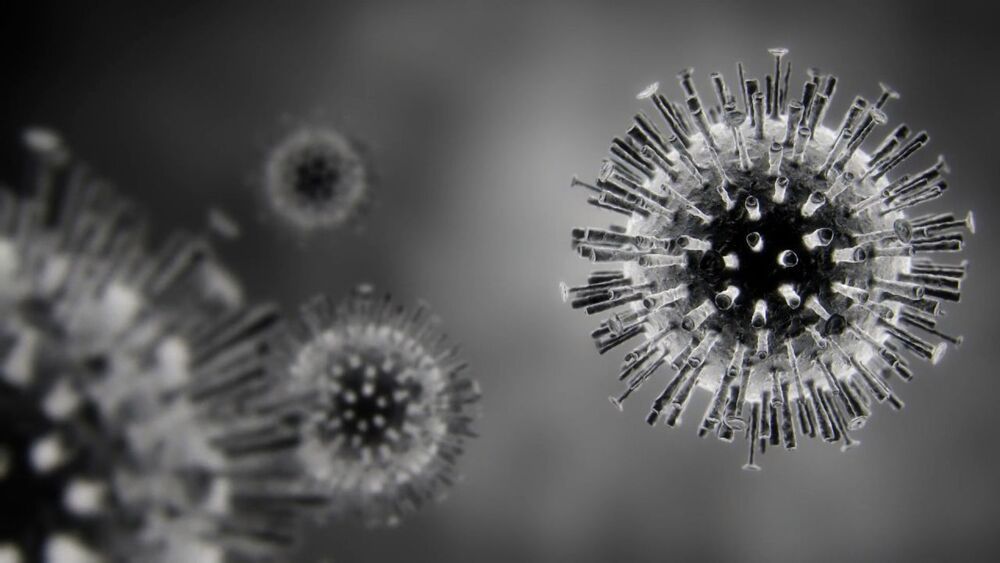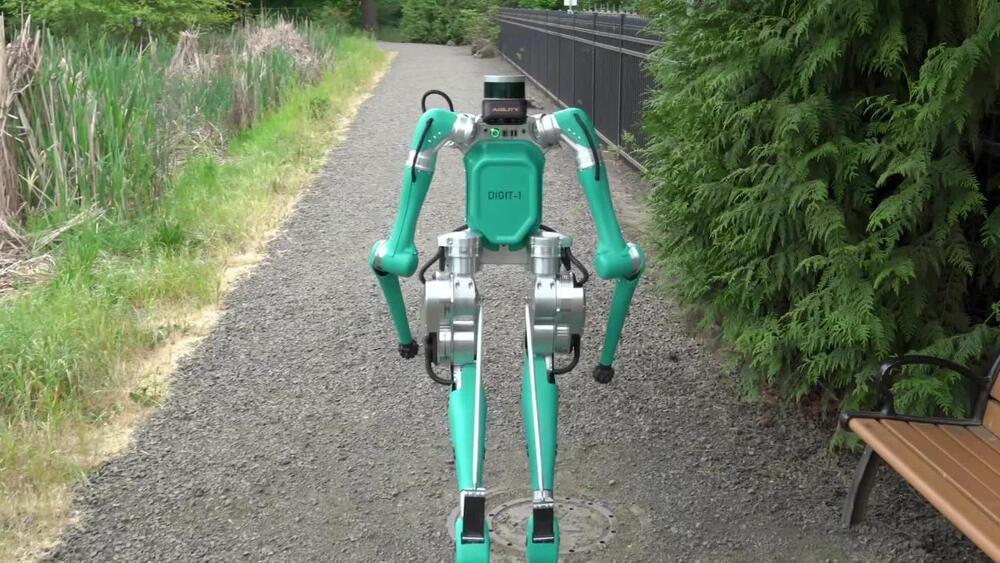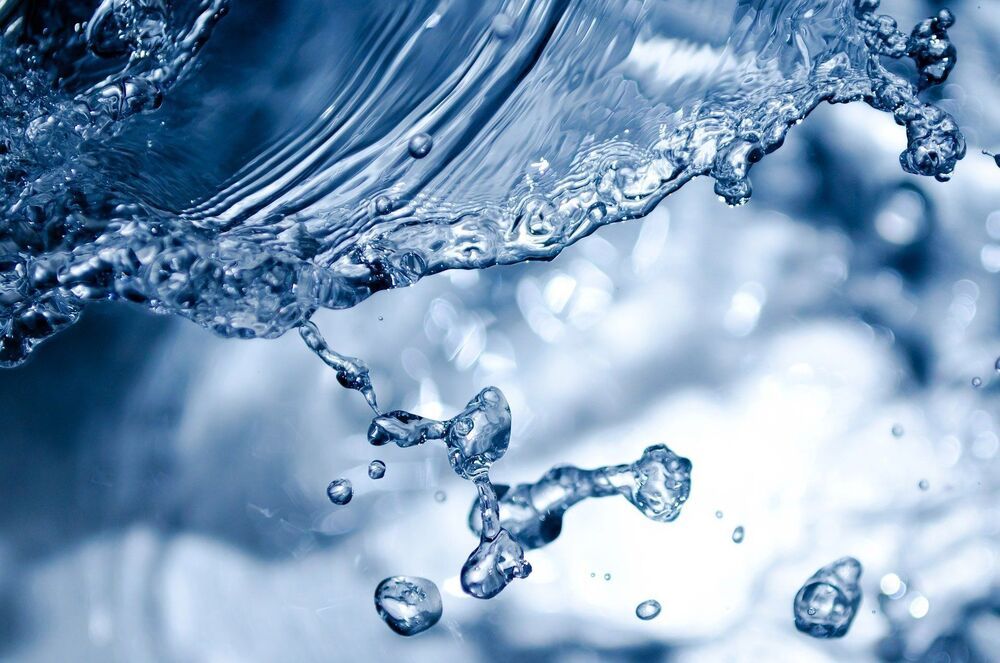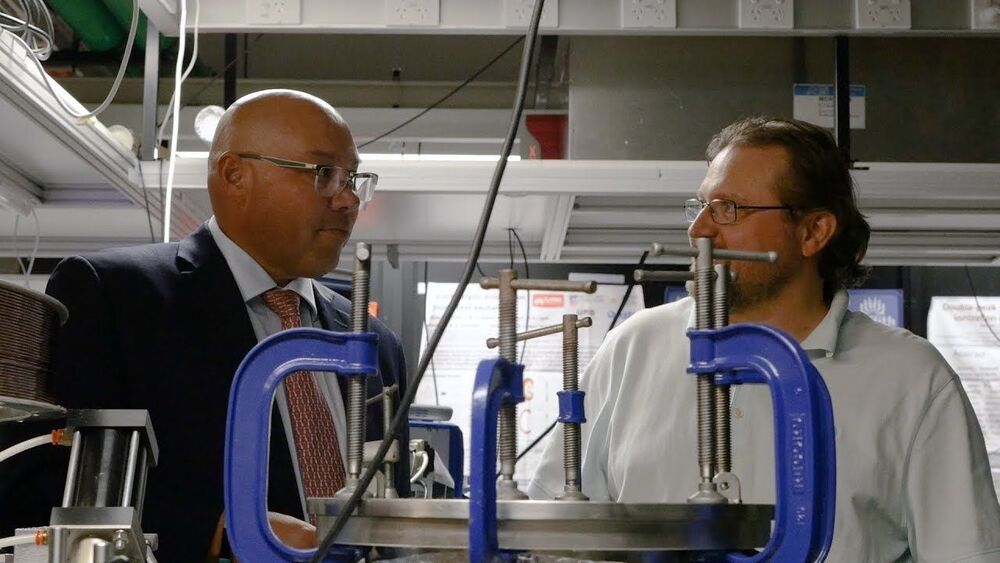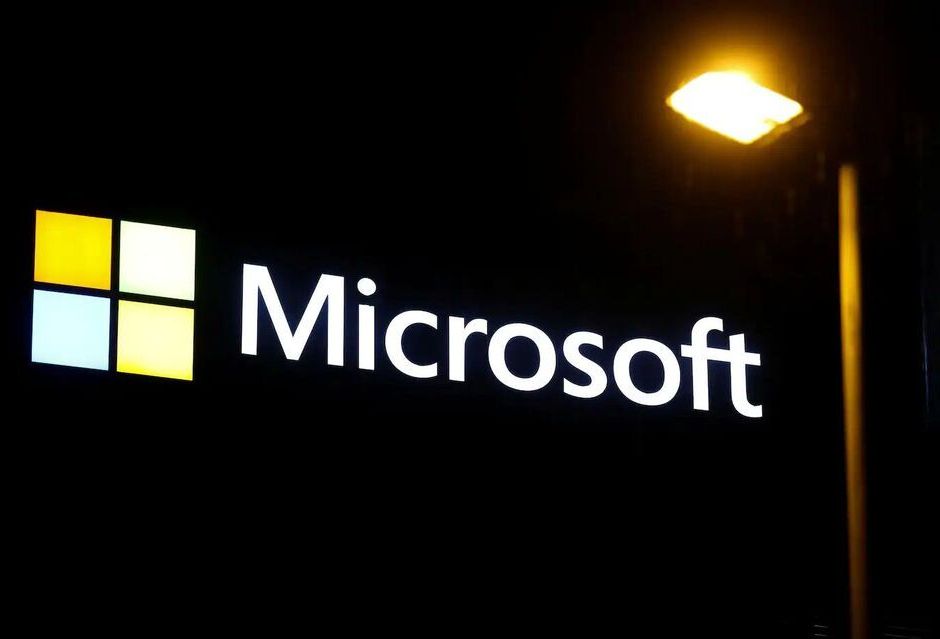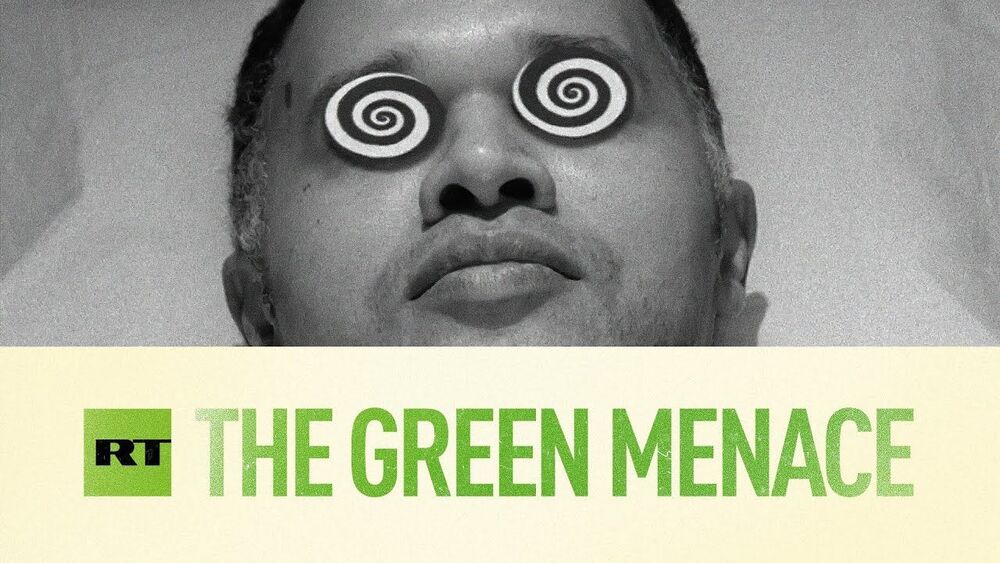Happy 2021 from 2020.
Get early access to our latest psychology lectures: http://bit.ly/new-talks.
In this talk, Anil looks into the mechanisms at play when experiencing both inner and outer phenomena, the central components of which are prediction and perception.
Anil Seth is Professor of Cognitive and Computational Neuroscience at the University of Sussex, and the Co-Director of the Sackler Centre for Consciousness Science. He is a Wellcome Trust Engagement Fellow, and a Senior Fellow of the Canadian Institute for Advanced Research. Professor Seth is Editor-in-Chief of Neuroscience of Consciousness, sits on the steering group and advisory board of the Human Mind Project, and was President of the British Science Association Psychology Section in 2017.
He is the co-author of the ‘30 Second Brain’, and contributes regularly to a variety of media including New Scientist, The Guardian, and the BBC. His 2017 TED talk has been viewed more than 9 million times. Professor Seth’s research bridges neuroscience, mathematics, artificial intelligence, computer science, psychology, philosophy and psychiatry. He has also worked extensively with playwrights, dancers and other artists to shape a truly humanistic view of consciousness and self. You can keep up to date with his work at www.anilseth.com.
